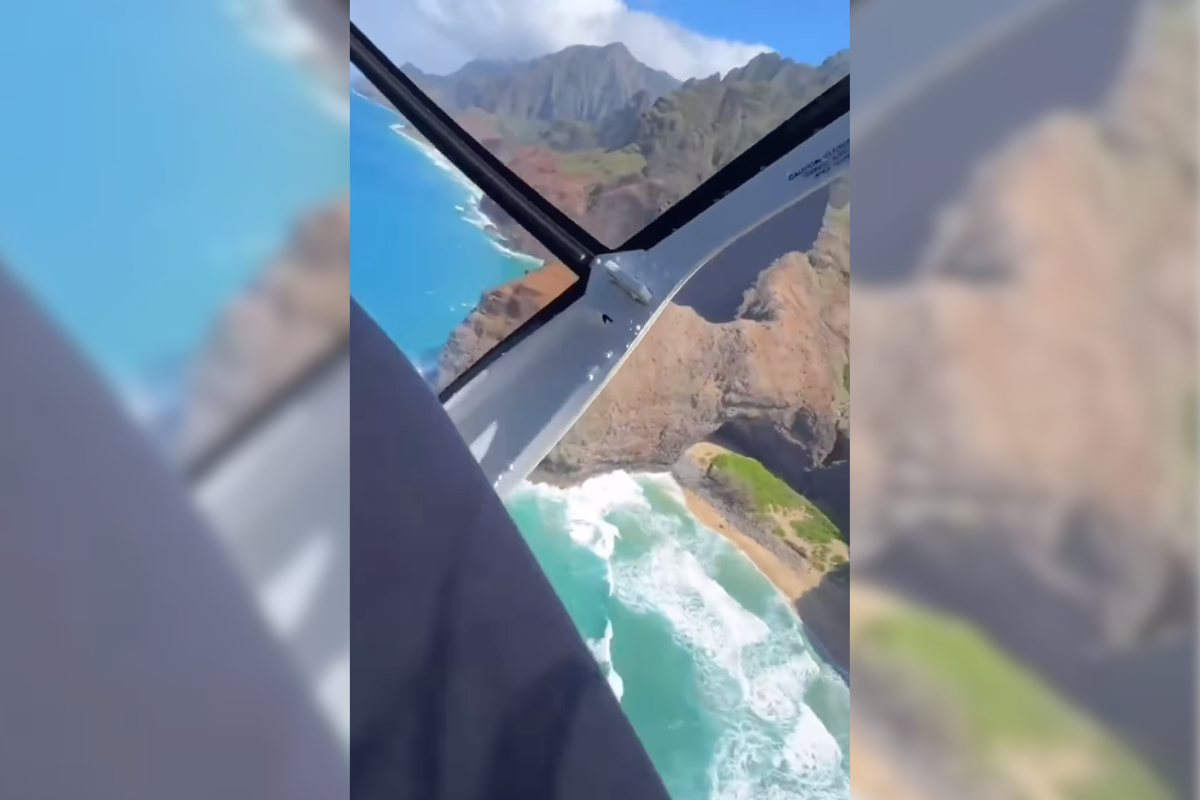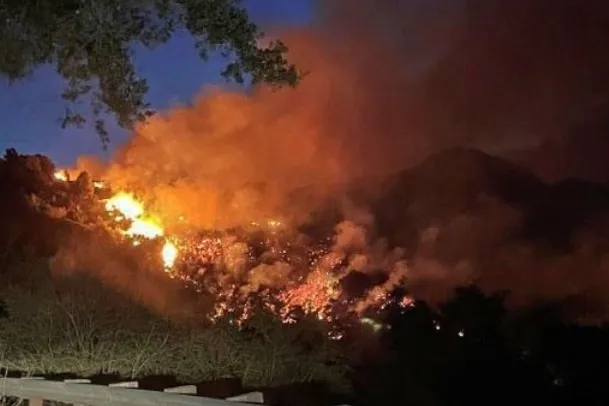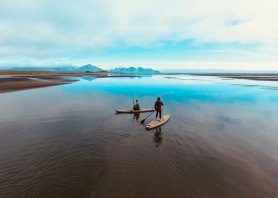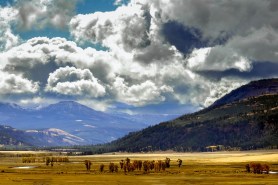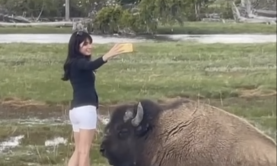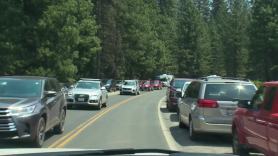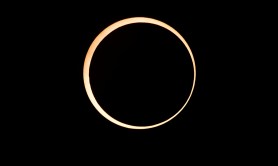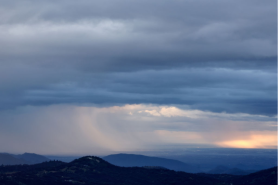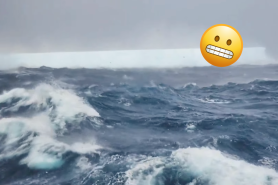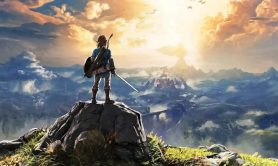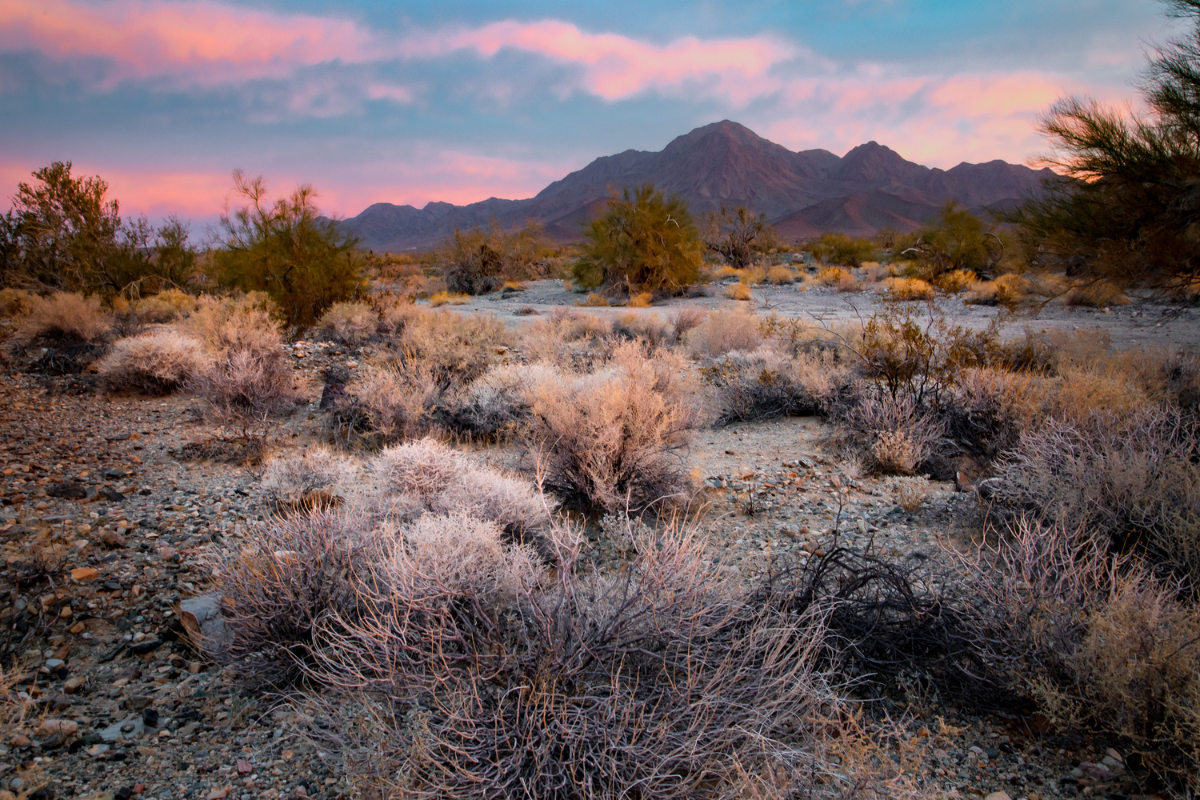

Endless sand dunes, colorful rock canyons, spiny cacti, and animals that thrive in arid conditions make up the southern California desert. The area has lured visitors for decades. Now, the proposed Chuckwalla National Monument aims to expand the protected area and make a positive impact on everything that lives there.
Videos by Outdoors
The United States has 133 different national monuments. Like a national park, these areas protect land for conservation and recreation. Compared to a national park, though, these areas are easier to designate. That said, designating a national monument often leads to some level of debate over protected land and its use. Chuckwalla National Monument is just the latest area to navigate this fight.
Comprised of 660,000 acres, the Chuckwalla area is south of Joshua Tree National Park and northeast of California’s Salton Sea. The desert landscape provides an outdoor escape for hiking and camping. Chuckwalla is also an essential area for conservation efforts of migratory birds and has a long history for the indigenous people who still call the area home. On top of that, it could be part of the future of green energy. It means a lot of different things to a lot of people.
Why Create a National Monument?
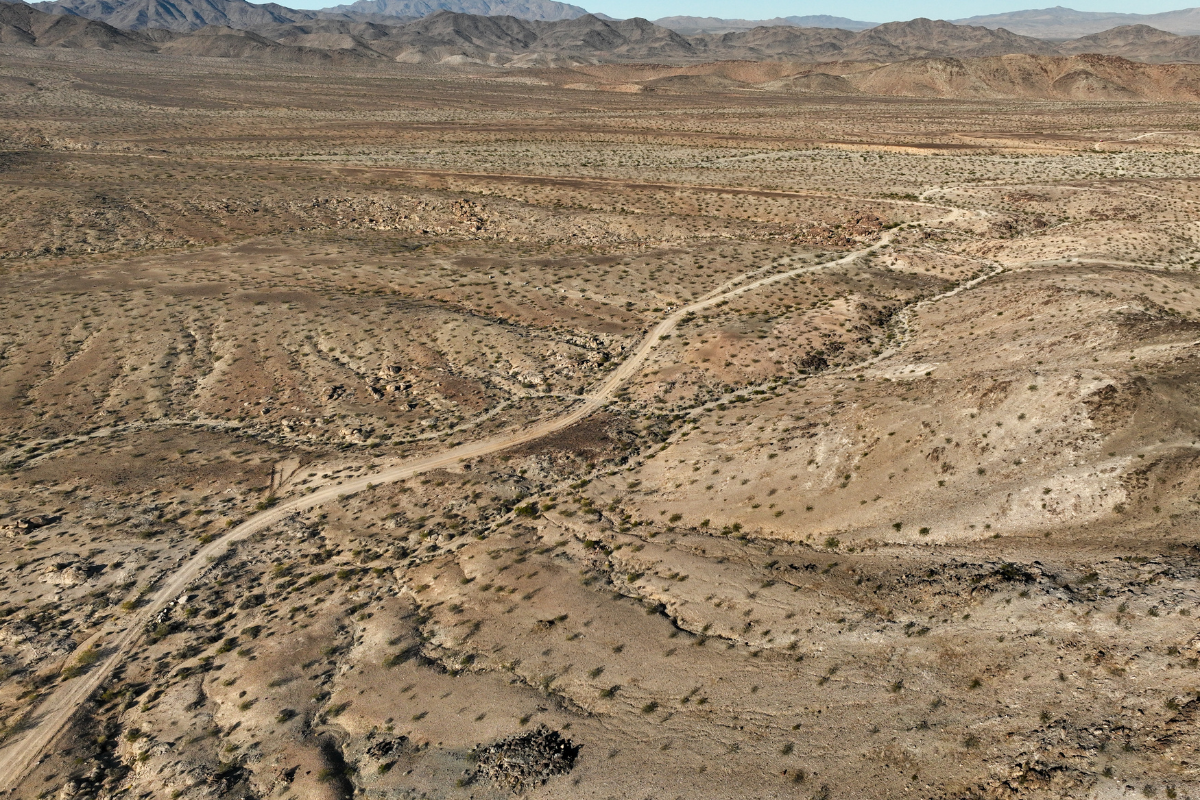
“In addition to the environmental benefits of establishing the national monument, communities in the eastern Coachella Valley are what we call the park deprived communities,” says Frank Ruiz, an advocate for Chuckwalla. “There are not many recreational opportunities for those folks. As the Salton Sea continues to get worse, recreation opportunities are pretty much gone. No fishing, no water contact, no boating. And so these areas like the Mecca Hills Wilderness Area that is part of the Chuckwalla National Monument has become the place to go for a lot of those communities.”
Ruiz is the director of Audubon’s California Desert and Salton Sea program. The non-profit organization is best known for protecting habitats and other conservation efforts. As he mentioned, local issues in the area include the increasingly dry Salton Sea, so, for Ruiz, this project is about more than the wildlife. It’s for the future of the place he calls home.
The National Audubon Society is just one of more than a dozen conservation organizations backing the plan for Chuckwalla. Others include the Sierra Club, the National Park Conservation Association, and the Outdoor Alliance. The list doesn’t end there. Local governments and businesses in the Coachella Valley also stand behind the plan, along with three local tribes.
“In the Coachella Valley, it is not golf, it is not tennis, it is ecotourism that’s the biggest economic revenue for the communities,” says Ruiz. “I think with the trends and with the water challenges, I think ecotourism is going to continue being the way that communities engage, and having a national monument pretty much at the borderline of the eastern Coachella Valley communities will create more economic opportunities. It’s the same thing that is happening in areas close to the Joshua Tree National Park.”
What Is Chuckwalla National Monument?
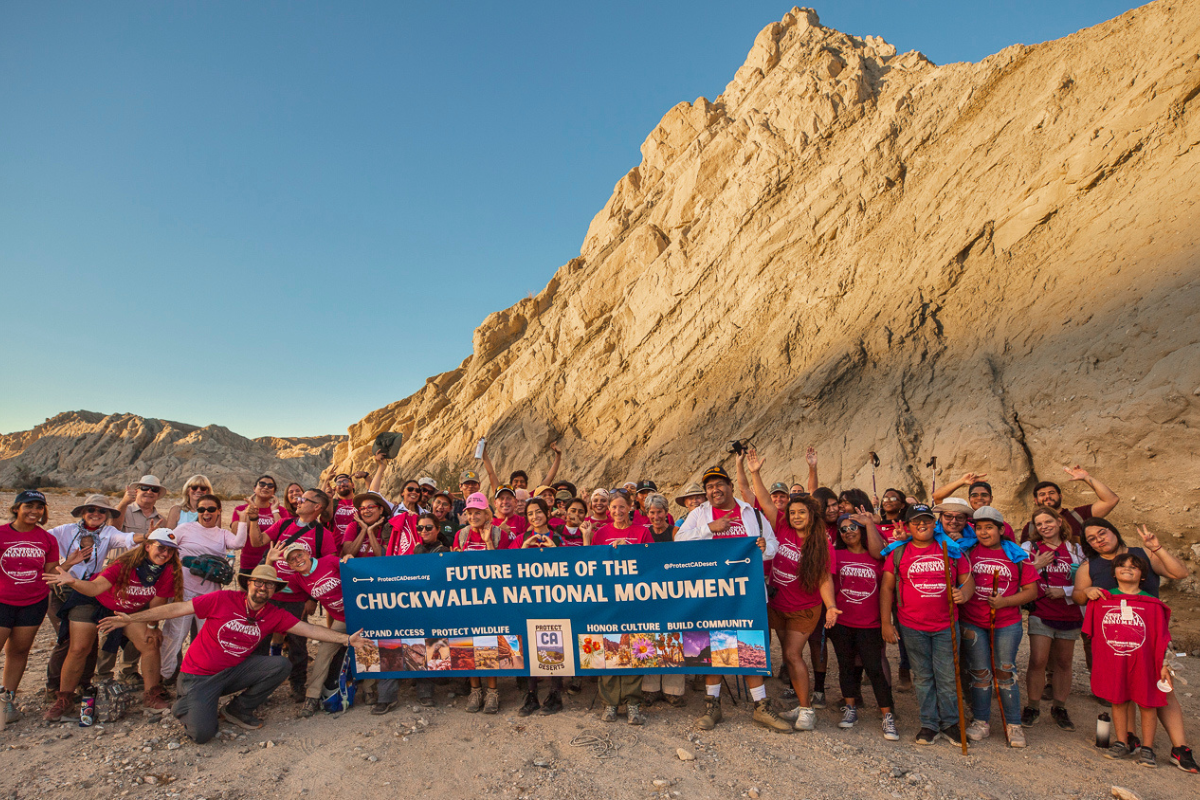
The landscape of the proposed Chuckwalla National Monument isn’t too different than you would find on the south side of Joshua Tree National Park, which was a national monument until 1994.
The proposal for Chuckwalla would include expanding Joshua Tree, which could connect to Chuckwalla with trails, expanding the amount of land people can easily recreate on in the Colorado Desert.
“It is difficult to really entice someone to see the beauty until they experience it themselves,” says Ruiz about the desert landscape. “If we want the next generation to protect something that is important, they need to experience it, and we need to get them out there. That is one of the reasons why this campaign is so eager to get this out there.”
Inside the monument would be the Mecca Hills Wilderness area, currently managed by the Bureau of Land Management. It includes a labyrinth of rock walls, making it a popular hiking area. Other sites include the Painted Canyon, an area popular for off-roading. This awe-inspiring canyon has colored rock walls. The canyon is also of cultural significance to the Quechan Tribe.
Finally, advocates want to be supportive of California’s efforts to increase green energy. The proposed monument’s planning would help in the conservation efforts of important animals like desert tortoises while leaving plenty of other open land in the area for new renewable energy developments.
“This monument is aiming to protect these areas that are becoming more threatened by climate change,” says Ruiz. “We want to make sure that renewable energy and expansion of solar farming goes accordingly.”
Creating a National Monument
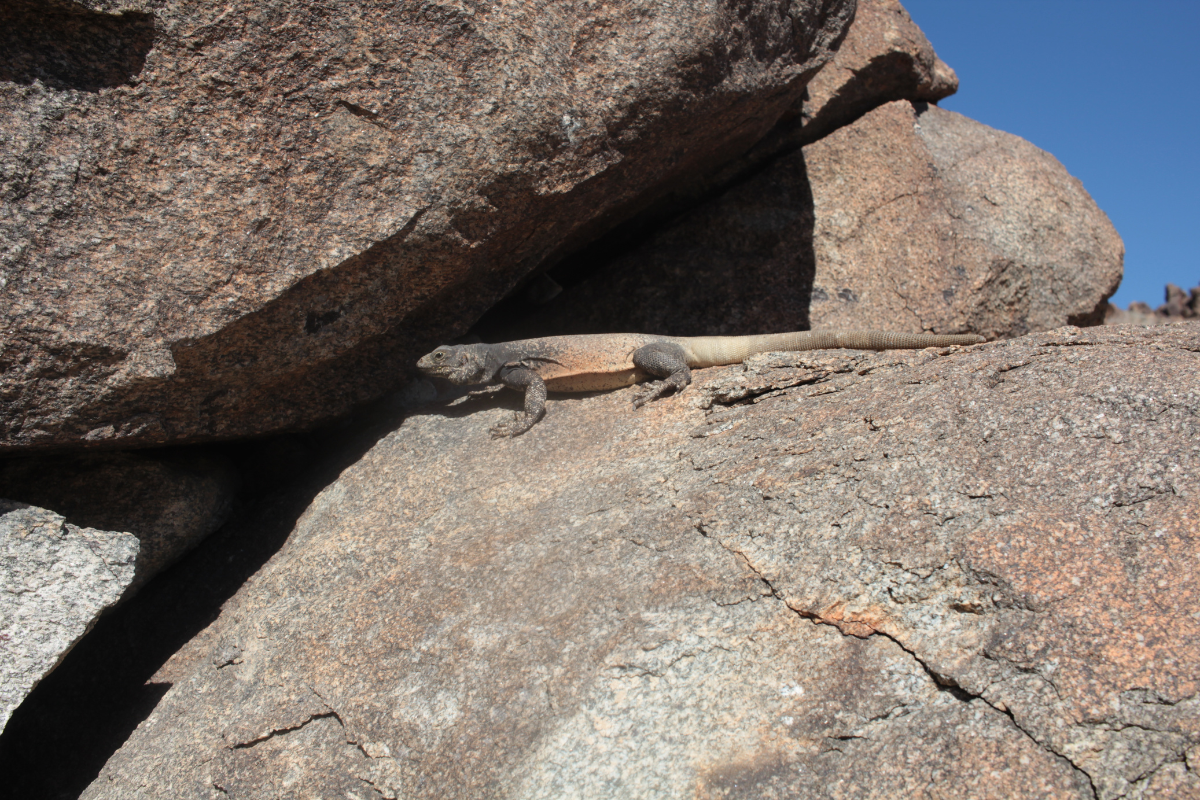
Creating a national park takes an act of Congress. There are 63 in the U.S., and the most recently added park was New River Gorge. National monuments are different in several ways.
In general, national monuments don’t follow the same strict guidelines as a national park. Also, several government agencies can oversee a national monument, not just the National Park Service. Other entities include the Bureau of Land Management, the U.S. Forest Service, and the U.S. Fish & Wildlife Service.
Like national parks, an act of Congress can create a new monument, but a sitting U.S. president can also simply sign off on the idea.
President Joe Biden has already approved several national monuments. His predecessors, Trump, Obama, Bush, and Clinton, also approved national monuments in various places around the country.
In the case of Chuckwalla, advocates started with Congress, where Congressman Raul Ruiz put forward a bill to create the monument. A gridlocked Washington, D.C., has stalled most of those efforts.
What’s Next for Chuckwalla?
Those advocating for Chuckwalla have turned their focus to the Biden Administration. The president has set a goal to increase public land, and advocates hope he’ll see Chuckwalla as a fit for this initiative. The coalition working to make Chuckwalla a reality needs to get the president’s attention.
“One of the reasons why we have so many different entities in our coalition is because everyone brings a different perspective,” says Ruiz. “Audubon brings the perspective of the birds, but other groups bring the perspective of desert tortoises or native plants. We’re also raising the voice of connecting the national park once it is established to their communities and developing a trail system, which is important. So everyone is kind of bringing a different idea. We hope that at the end of the day, the language will reflect all the different interests.”
Ruiz admits the coalition does feel extra pressure in an election year. A change in leadership could mean a reset in the efforts they’ve already made with the current administration. However, regardless of the outcome, the group plans to continue pushing forward in an effort to protect this land and benefit those who call it home.
“A lot of these communities [in the eastern Coachella Valley] live in what I call ‘survival mode.’ They don’t have time to voice their concerns about protecting a chuckwalla lizard or protecting a bird because they live in survival mode,” says Ruiz. “So this is an opportunity to join forces and say, ‘how can we convey what’s important to you?’ We want people to come and experience these beautiful places. And we want local communities to do the same thing.”
